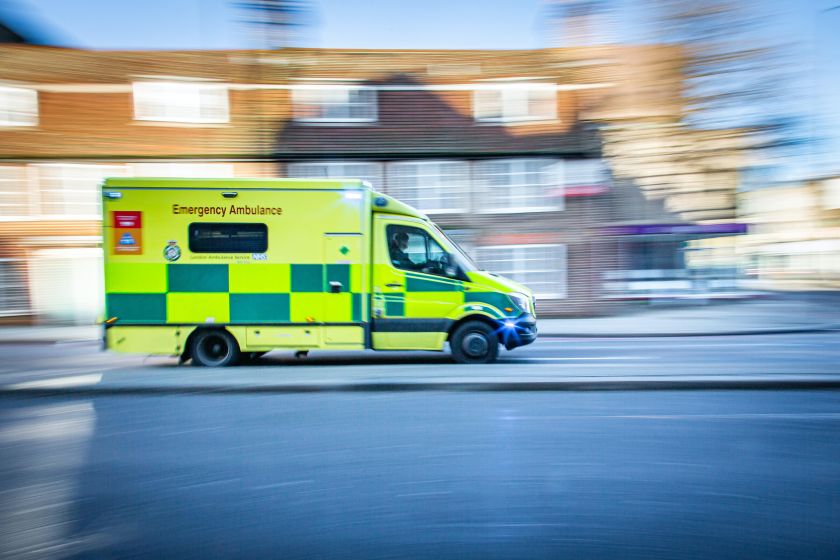Today is World Health Day, which is a good opportunity to reflect on health among people experiencing homelessness. We know that a person’s health, physical as well as mental, is greatly compromised without the security of a home.
Research by Homeless Link indicates that around 73% of people affected by homelessness have a physical health problem, while 80% face problems with their mental health. These figures are corroborated in our own research: in a 2013 survey of the people we support, 94% reported experiencing mental health issues (Not Home, 2014) and 30 out of 35 participants reported that their physical health was affected by the damp and poorly maintained conditions of the temporary accommodation they were living in.
In addition to the burden it is on the individuals living in these situations, there is a burden on public services from people who are homeless and experiencing poorer health outcomes, and requiring more public sector intervention than the average person, including hospital admissions and outpatient services (not staying overnight in hospital).







